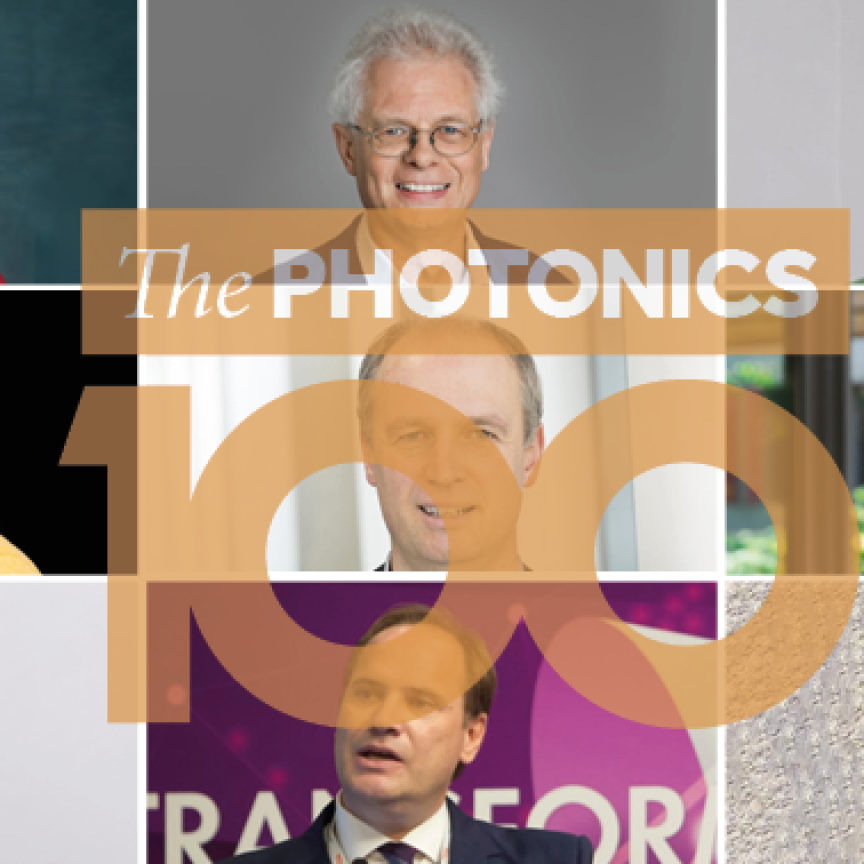The photonics market is all about designing, building, marketing, and servicing electro optic and electro mechanical devices that make our lives better, from surgical instruments to space exploration. Everywhere we turn we are confronted with smart people who are dedicated to developing the next breakthough. These are technologists, inventors, and entrepreneurs working in well-equipped labs, institutions of higher learning, and in the midst of what is a seemingly endless money pit of government projects.
I only have a few patents to my name, certainly fewer than most of the brilliant engineers in this field. When I look into our own company’s history, trying to discern what led to our success, and mine, I see communication and the many ways it has changed over the years as a key element.
The rapidly changing nature of communication, primarily due to the insane pace of technology, boggles the mind – word processors, faxes, pagers, mobile phones, office productivity tools, the internet. Chat rooms, blogs, social networks, and now twitter – you can contact just about anyone, just about anywhere, and get a response on any subject.
The availability of and access to information is staggering – 24/7, worldwide access, regardless of the time zone. I can read research from just about anyone around the world. I can investigate products from just about any company across the globe. And, if I like the product, I can buy it from their website using my credit card. I get instant purchase acknowledgement and generally expect to see it on my dock a week from now. Pretty slick.
The big question is: how well is the electro optics industry evolving – not just on the technology side but on the business side, as well? It’s been pointed out that our own company doesn’t sell products on the web, yet several of our competitors do. Does that put us behind the curve?
I’m told that many of the products we sell are considered commodities by our customers; they must be on the shelf, ready for instant delivery at the lowest price, in order to be competitive in today’s world.
Merrian-Webster defines commodity as ‘a mass-produced unspecialised product’. My response is: ‘If our products are so mass-produced and unspecialised, why is it that we all have so many sales engineers to talk to potential customers?
Why is it that customers need help choosing the right product or help after the sale when applying the products? Why is it we have a hundred different products and configurations to choose from that all measure ever so slightly different things? If it takes so many products to do essentially the same thing, how can they be considered unspecialised?’
This year we celebrate our 30th year in business and our growth is built on the cornerstone of customer service. We try to listen to the customer, build what they want at a good price, then, most importantly, when the customer calls, we take their call. We interrupt meetings to take their calls, we visit the customers when they have problems, and we come in at off-hours to talk, repair, or ship just so customers aren’t waiting.
We pride ourselves in understanding what the customer wants to do with our products and then providing the best solution and alternatives our experience has to offer. We’ve tried to do this on the web with product selection tools and application, but they have their limitations. Nothing short of understanding the details of the customer’s application and matching it up with our applications expertise can give customers their best experience.
I buy a lot of stuff online, but not everything goes smoothly. I’ve received products, plugged them in, and sometimes they don’t do what I expected. The data sheet had said they would, or I read into the slick marketing words to make myself believe they would. In the old days I would have done my research and then called the company to talk to a sales engineer – someone who knew about the intricacies of the product and had the applications knowledge that could guide me in the selection process. These people are the ones that know what I’m trying to do and help walk me through the configuration choices that are typical of complex, technical products.
Don’t get me wrong, I think there is a place for buying via the internet, but where do we draw the line between providing products that perform the way customers expect and delivering the support they expect without sacrificing competitiveness? The challenge remains, regardless of how you buy an electro optics product. ‘Do I, the customer, understand the product and its usage well enough to make the right selection?’
That question should always be followed by, ‘How mass-produced and unspecialised is the product?’ Would you choose a cardiac surgeon from their website or would you get references, do a personal interview, and talk to your insurance company? How about something that seems a commodity? Would you purchase golf clubs from the web without first holding them in your hand, taking a few swings, maybe even a practice round?
Before you make that next online purchase, consider whether that laser array, that beam profiler, that spectrometer is as ‘unspecialized and mass-produced’ as you think.


